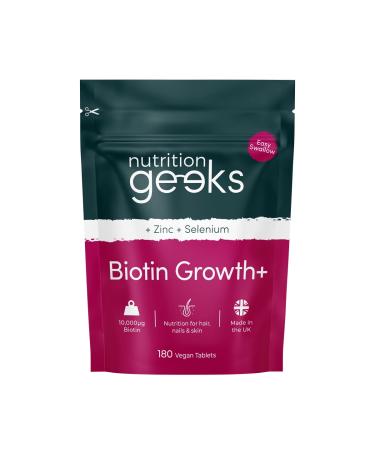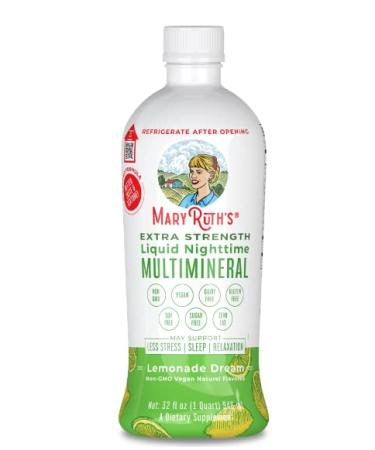Proteoglycans and follicle function
Proteoglycans are biological molecules that are found extensively within the human body. These molecules govern certain processes within the body, and research into the mechanism of the hair follicle has shown that proteoglycans play a vital role in hair growth and the regulation of the Hair Growth Cycle in follicles*
The role of the proteoglycans in hair follicles is to act as signal receptors and disseminators, to regulate the procession of the hair follicle through the 3 stages of the Hair Growth Cycle: Growth (Anagen), Transition (Catagen), Rest (Telogen). On average, it should take around 3-5 years for the follicle to complete this cycle, before coming full circle and re-entering the Anagen phase.
In a healthy Hair Growth Cycle around 85-90% of follicles are in the growth phase at any point, with the remainder in the transition or resting phases. Once completed, the follicle sheds the old hair to create a new hair and re-enters the growth phase to commence a new Hair Growth Cycle.
Proteoglycans in a disrupted Hair Growth Cycle
Extensive research has shown that during Hair Growth Cycle disruptions, levels of proteoglycans in follicles are reduced**, which in turn disrupts follicles' ability to maintain a normal, healthy Cycle, resulting in hair thinning or loss.
In a disrupted Cycle the growth phase becomes shortened, resulting in more hairs prematurely entering the transition phase, before moving into the resting phase.
As a result of depleted proteoglycan levels, the resting phase is prolonged as the follicle is unable to interpret the signals to move back into the growth phase after shedding the incumbent hair.
The increase in follicles prematurely entering the resting phase leads to increased shedding, while the prolongation results in fewer follicles re-entering the growth phase, meaning weak or no regrowth
















